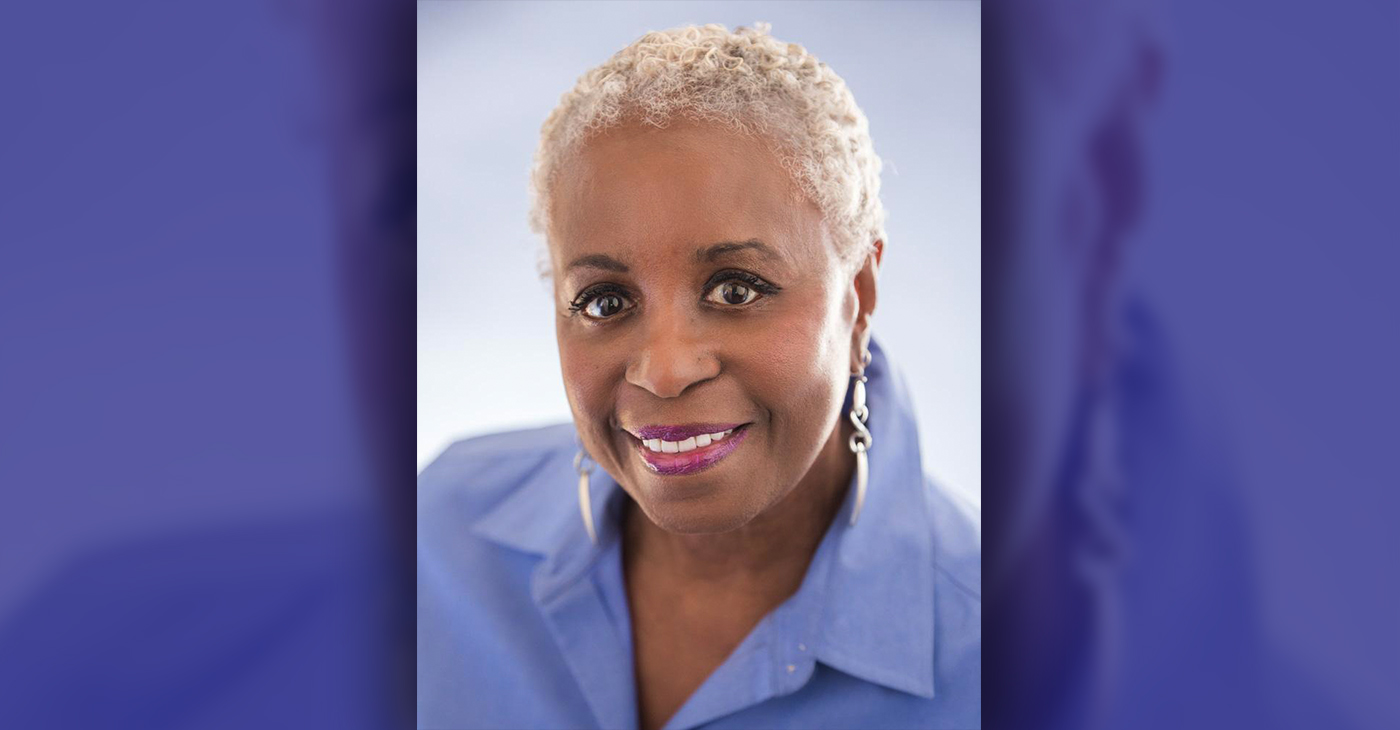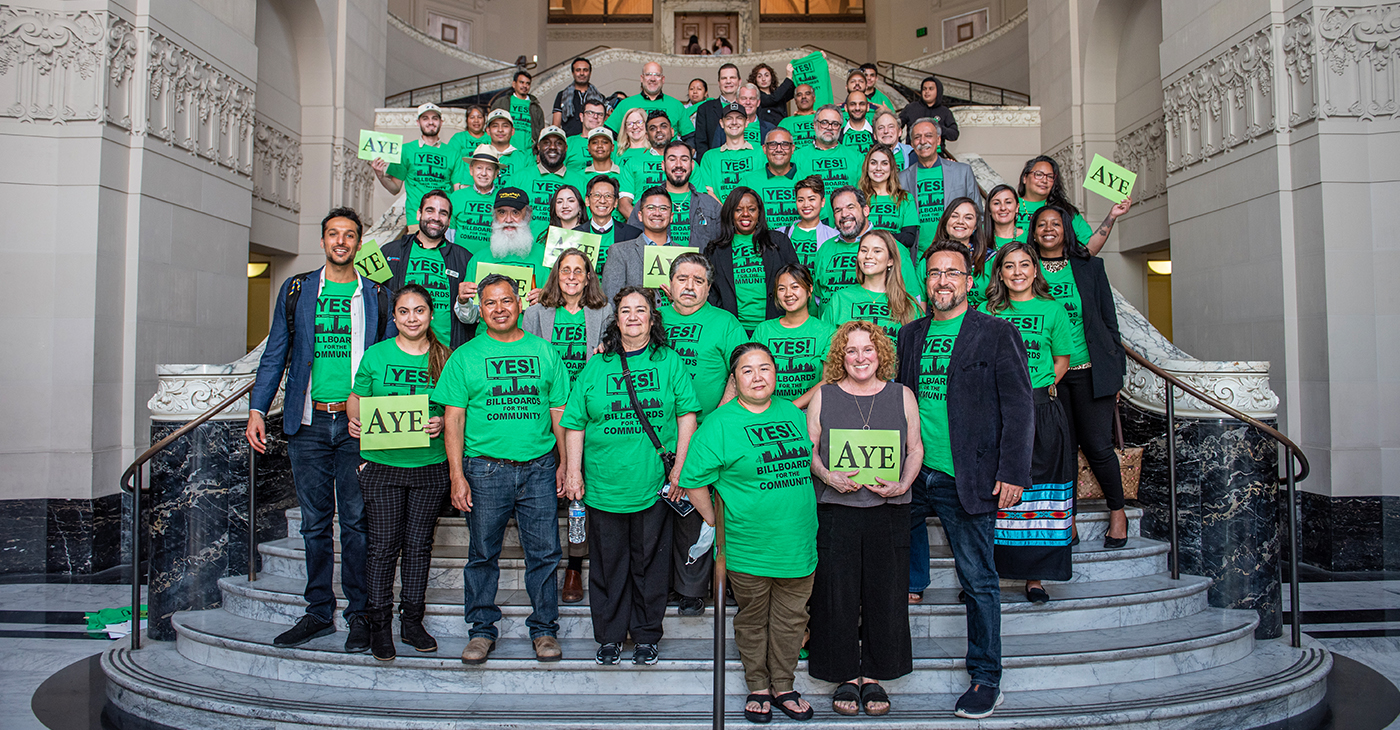Activism
COMMENTARY: Abortion — A Theological Issue and Christian Responses
The abortion debate has profound implications on how theological views are preached and taught in individual churches, homes including seminaries. The pews are split. Some say abortion is murder, while others say, the woman has a right to control her body. This leads to the question: How does your faith shape your position on abortion? What Bible passages do you cite to justify your position?

By Rev. Dr. Martha C. Taylor
We are living in a world where controversial, complex issues, disagreements, debates, misunderstandings are looming large. There are controversies on gun control, vaccines, living wages, Black lives matter, animal rights, religious freedom, health care, white supremacy, voting rights, Trump, Ukraine War, Covid spreading, mass killings and the congressional January 6th sedition hearings, to name a few.
In an earth-shattering decision on June 24, the Supreme Court overturned Roe v Wade. Justice Alito wrote “Abortion presents a profound moral issue on which Americans hold sharply conflicting views. Some believe fervently that a human person comes into being at conception and that abortion ends an innocent life. Others feel just as strongly that any regulation of abortion invades a woman’s right to control her own body and prevents women from achieving full equality.
Still others in a third group think that abortion should be allowed under some, but not all circumstances, and those within this group hold a variety of views about the particular restrictions that should be imposed. The Court’s decision held that there is no longer a federal constitutional right to an abortion, and going forward, abortion rights will be determined by each state. In. other words, abortion does not automatically become illegal nationwide, however in states that ban abortion, it could result in a felony and doctors could face prison time.
The abortion debate has profound implications on how theological views are preached and taught in individual churches, homes including seminaries. The pews are split. Some say abortion is murder, while others say, the woman has a right to control her body. This leads to the question: How does your faith shape your position on abortion? What Bible passages do you cite to justify your position?
Some profess to preach and teach a prophetic liberating gospel, yet when it comes to the theological and moral issue of abortion, they take a stance that they will not make a comment in public. This raises the question of who really speaks for the church. Can bishops, pastors, lay ministers, elders, and Sunday School teachers be expected to reflect the thinking of the membership? Does the membership dictate what can be preached? In the words of a well-known pastor, do we just deal with the sweet now and now, and not the nasty now and now? I believe he got it right. Are you a prophet who will speak on difficult sensitive subjects, or do you skirt them in favor of not upsetting the pews with realities that may be painful to some?
We must deal with moral sensitive issues without injuring the freedom of women. I believe the question of whether the church should be involved in social and political issues is not that difficult. The more difficult is why it should be involved and how, and more importantly using scripture to justify their position. What about those who take scripture as a means of justifying their position on moral issues. History informs us that enslaved women were forced to have sex with their slave masters as a means of birthing more slaves; the slave owners used the scripture, “slaves obey your masters.”
With regards to abortion, some declare that God said abortion is murder, though they cannot find a thread of evidence in the bible to back their statement and rely on the commandment “thou shalt not kill.” Some pastors have interpreted scripture to say, God does not want a woman preaching or teaching. Some pastors are taking scripture out of context on the pretext that the Lord is speaking, when it is highly possible their interpretation is a misinterpretation. This all suggests that people sometimes appeal to the Bible and other religious sources in selective and self-serving ways: They come to the Bible with their previously held moral assumptions and seek to find something in the Bible to justify them. The Bible does not talk explicitly about abortion, pro or con in any kind of way. It’s just not there.
Overturning Roe assumes that some life, some bodies, are worth more than others — that some bodies can and should be restricted, controlled and used at will.
In the coming months as states create new abortion restrictions, the same kind of underground movement of women searching for safe abortions most likely will become a reality again. Will Christians accompany these women? Or, will the loudest Christian response to abortion continue to be the Religious Right, shouting from their place of privilege, piety and power? Dr. Obery Hendricks, biblical scholar and activist reminds us, “some Black Christians can be some of the most religiously conservative people in America.”
Continue to pray for Brittney Grimes, our daughter, sister, friend.
Activism
Oakland Post: Week of July 24 – 30, 2024
The printed Weekly Edition of the Oakland Post: Week of July 24 – 30, 2024

To enlarge your view of this issue, use the slider, magnifying glass icon or full page icon in the lower right corner of the browser window. ![]()
Activism
Oakland Post: Week of July 17 -23, 2024
The printed Weekly Edition of the Oakland Post: Week of July 17 -23, 2024

To enlarge your view of this issue, use the slider, magnifying glass icon or full page icon in the lower right corner of the browser window. ![]()
Activism
Community Celebrates Historic Oakland Billboard Agreements
We, the Oakland Billboard Economic Development Coalition, which includes Oakland’s six leading community health clinics, all ethnic chambers of commerce, and top community-based economic development organizations – celebrate the historic billboard agreements approved last year by the Oakland City Council. We have fought for this opportunity against the billboard monopoly, against Clear Channel, for five years. The agreements approved by Council set the bar for community benefits – nearly $70 Million over their lifetime, more than 23 times the total paid by all previous Clear Channel relocation agreements in Oakland combined.

Grand Jury Report Incorrect – Council & Community Benefit
We, the Oakland Billboard Economic Development Coalition, which includes Oakland’s six leading community health clinics, all ethnic chambers of commerce, and top community-based economic development organizations – celebrate the historic billboard agreements approved last year by the Oakland City Council. We have fought for this opportunity against the billboard monopoly, against Clear Channel, for five years. The agreements approved by Council set the bar for community benefits – nearly $70 Million over their lifetime, more than 23 times the total paid by all previous Clear Channel relocation agreements in Oakland combined.
Unfortunately, a recent flawed Grand Jury report got it wrong, so we feel compelled to correct the record:
- Regarding the claim that the decision was made hastily, the report itself belies that claim. The process was five years in the making, with two and a half years from the first City Council hearing to the final vote. Along the way, as the report describes, there were multiple Planning Commission hearings, public stakeholder outreach meetings, a Council Committee meeting, and then a vote by the full Council. Not only was this not hasty, it had far more scrutiny than any of the previous relocation agreements approved by the City with Clear Channel, all of which provide 1/23 of the benefits of the Becker/OFI agreements approved by the Council.
- More importantly, the agreements will actually bring millions to the City and community, nearly $70M to be exact, 23 times the previous Clear Channel relocation agreements combined. They certainly will not cost the city money, especially since nothing would have been on the table at all if our Coalition had not been fighting for it. Right before the decisive City Council Committee hearing, in the final weeks before the full Council vote, there was a hastily submitted last-minute “proposal” by Clear Channel that was debunked as based on non-legal and non-economically viable sites, and relying entirely on the endorsement of a consultant that boasts Clear Channel as their biggest client and whose decisions map to Clear Channel’s monopolistic interests all over the country. Some City staff believed these unrealistic numbers based on false premises, and, since they only interviewed City staff, the Grand Jury report reiterated this misinformation, but it was just part of Clear Channel’s tried and true monopolistic practices of seeking to derail agreements that actually set the new standard for billboard community benefits. Furthermore, our proposals are not mutually exclusive – if Clear Channel’s proposal was real, why had they not brought it forward previously? Why have they not brought it forward since? Because it was not a real proposal – it was nothing but smoke and mirrors, as the Clear Channel’s former Vice President stated publicly at Council.
Speaking on behalf of the community health clinics that are the primary beneficiaries of the billboard funding, La Clinica de la Raza CEO Jane Garcia, states: “In this case, the City Council did the right thing – listening to the community that fought for five years to create this opportunity that is offering the City and community more than twenty times what previous billboard relocation agreements have offered.”
Oakland Billboard Economic Development Coalition
| Native American Health Center | La Clínica de la Raza | West Oakland Health Center |
| Asian Health Services | Oakland LGBTQ Center | Roots Community Health Center |
| The Unity Council | Black Cultural Zone | Visit Oakland |
| Oakland African American Chamber of Commerce | Oakland Chinatown Chamber of Commerce | Oakland Vietnamese Chamber of Commerce |
| Oakland Latino Chamber of Commerce | Building Trades of Alameda County | (partial list) |
-

 Arts and Culture3 weeks ago
Arts and Culture3 weeks agoRooted in Tradition: The Intricate History of Black Hair Braiding
-

 Bay Area4 weeks ago
Bay Area4 weeks ago“I Will Not Be Bullied,” Says Oakland Mayor Sheng Thao
-

 Bay Area2 weeks ago
Bay Area2 weeks agoPG&E Increases Rates While Bay Area Households Are Struggling to Stay Afloat
-

 Business3 weeks ago
Business3 weeks agoGov Newsom: Raising Fast Food Minimum Wage to $20 Pays Off as Jobs Multiply in Industry
-

 Activism4 weeks ago
Activism4 weeks agoOpponents of Mayor Sheng Thao Are Calling on Her to Resign Following FBI Raid
-

 Bay Area2 weeks ago
Bay Area2 weeks agoJuneteenth Mass Shooting Suspect Charge with Multiple Counts of Felony Assault by Alameda County DA Pamela Price
-

 Community1 week ago
Community1 week agoHundreds Come to Jehovah’s Witnesses’ Assembly Hall for Three-Day Program of ‘Good News’ in Fremont
-

 Activism4 weeks ago
Activism4 weeks agoOakland Coliseum Sale to AASEG: A Model for Community Development and Inclusion




















































